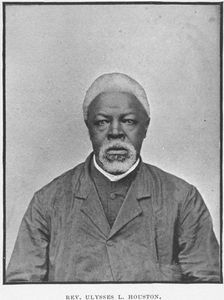While further north winter weather precludes new battles, the struggle for control of the southern Atlantic coastline continues. Union forces, having successfully seized control of shipping lanes and key islands off the South Carolina coast earlier this month, today, under the direction of Union General William Tecumseh Sherman, seize control of Tybee Island off the coast of Savannah, Georgia.
The capture of Tybee Island gives the United States control of the Savannah River, as the island sits in the mouth of the river. Across the river at Fort Pulaski, Confederate forces dig in to mount a defense of the mainland. Confederate General Robert E. Lee, in charge of Georgia’s coastal defenses, orders his men to reinforce Fort Pulaski to better defend Savannah and the Savannah River. At the same time, the Union forces on Tybee in the coming days set about assembling powerful long-range guns capable of firing upon Fort Pulaski.
Savannah, surrounded by fertile soil and large plantations, is home to a vibrant African Baptist community of slaves and some free blacks, including First Bryan Baptist Church. Word of the nearby Union presence echoes among African Baptists of the city and surrounding area. Slaves quietly hope that freedom may be near, while slaveholders feel a sense of dread. The unique saga of the city of Savannah during the war thus begins.
General Lee is ultimately unable to prevent Fort Pulaski from falling to superior Union forces. By capturing the fort, the Union in the spring of 1862 cuts off Savannah as a southern port, thus crippling the Confederate’s coastal defenses, dimming southern naval prospects and severely curtailing southern maritime commerce. Slaves rejoice, weeks afterwards, when General David Hunter, commander of the Union garrison at Fort Pulaski, issues Gen. Order Number Seven, declaring emancipation of all slaves in Florida, Georgia, and South Carolina. While slaveholders do not free their chattel and U. S. President Lincoln later rescinds the order as premature, the march to emancipation cannot be stopped.
Throughout the war, Savannah’s Baptist churches remain open, even during Union occupation of the city late in the war.
Sources: The seizure of Tybee Island (link); The Battle for Fort Pulaski (link)



